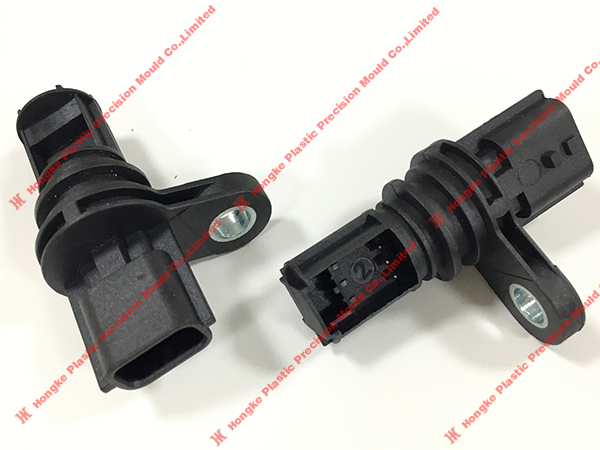PPS (Polyphenylene Sulfide) is a high-performance engineering thermoplastic known for its exceptional heat resistance, chemical resistance, and mechanical properties. Here's a brief overview of the advantages and challenges of PPS material injection molding:
Advantages: 1. High Temperature Resistance: PPS exhibits excellent heat resistance, making it suitable for applications requiring prolonged exposure to elevated temperatures. 2. Chemical Resistance: PPS is highly resistant to a wide range of chemicals, including acids, bases, and solvents, making it ideal for use in harsh environments. 3. Dimensional Stability: PPS maintains its dimensional stability even under extreme temperature fluctuations, ensuring consistent part dimensions and performance. 4. Mechanical Strength: PPS offers high tensile strength, stiffness, and impact resistance, making it suitable for demanding mechanical applications. 5. Electrical Insulation Properties: PPS exhibits excellent electrical insulation properties, making it suitable for electrical and electronic components. 6. Low Moisture Absorption: PPS has low moisture absorption, reducing the risk of dimensional changes and maintaining performance in humid environments.
Challenges: 1. High Melt Viscosity: PPS has a relatively high melt viscosity, which can pose challenges during the injection molding process, requiring specialized equipment and processing parameters. 2. Abrasive Nature: PPS is abrasive to molds and processing equipment, leading to increased wear and requiring frequent maintenance to ensure long-term durability. 3. Limited Flowability: PPS material has limited flowability compared to other thermoplastics, which may result in challenges in filling complex mold cavities and achieving intricate part geometries. 4. Processing Temperature Sensitivity: PPS requires precise control of processing temperatures to prevent degradation and ensure optimal part properties, adding complexity to the injection molding process. 5. Warpage and Shrinkage: PPS materials may exhibit higher levels of warpage and shrinkage compared to other thermoplastics, requiring careful mold design and processing adjustments to minimize dimensional variations.
In summary, while PPS injection molding offers numerous advantages such as high temperature and chemical resistance, it also presents challenges related to its processing characteristics and material properties. With proper equipment, expertise, and processing optimization, PPS can be effectively molded to produce high-quality components for various industrial applications. Regarding this type of injection mold, our company has rich experience in making PEI Mould, PEKEKK Mould, PPA Mould.




